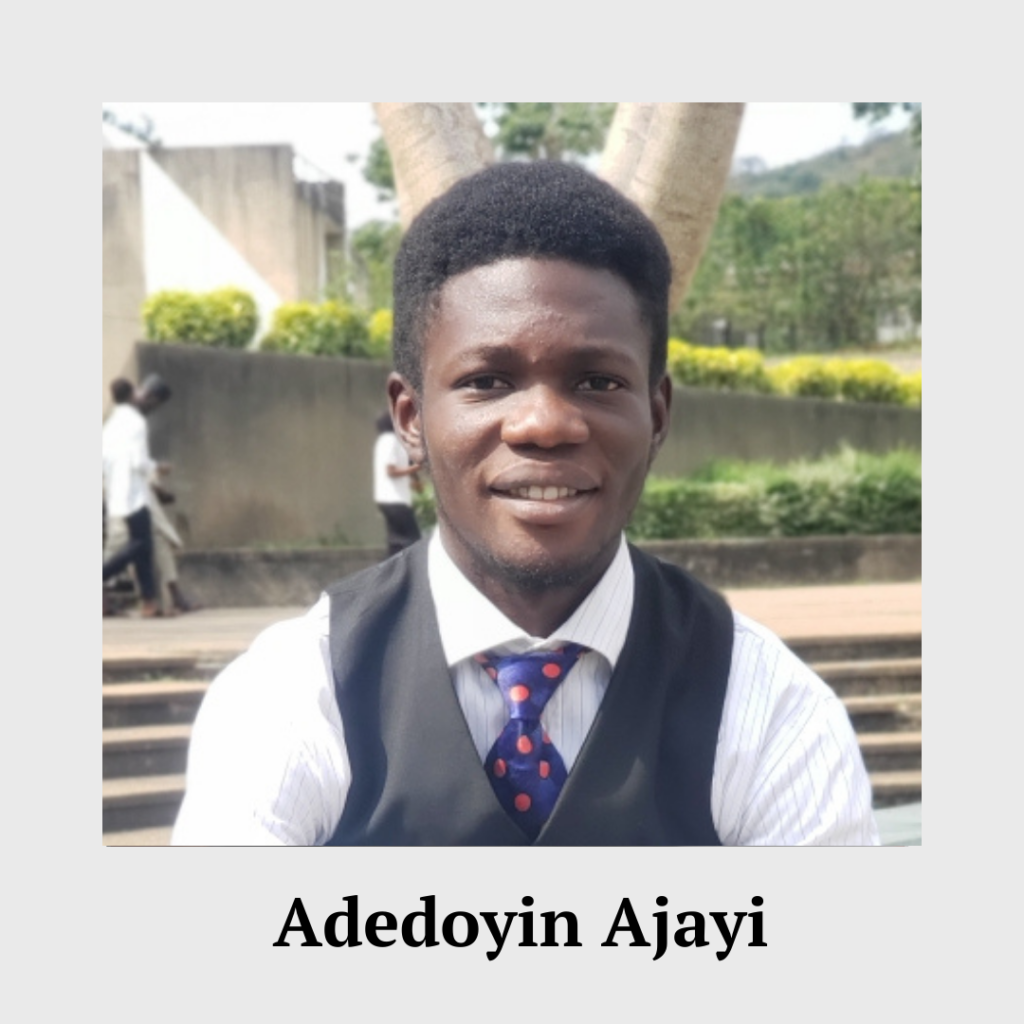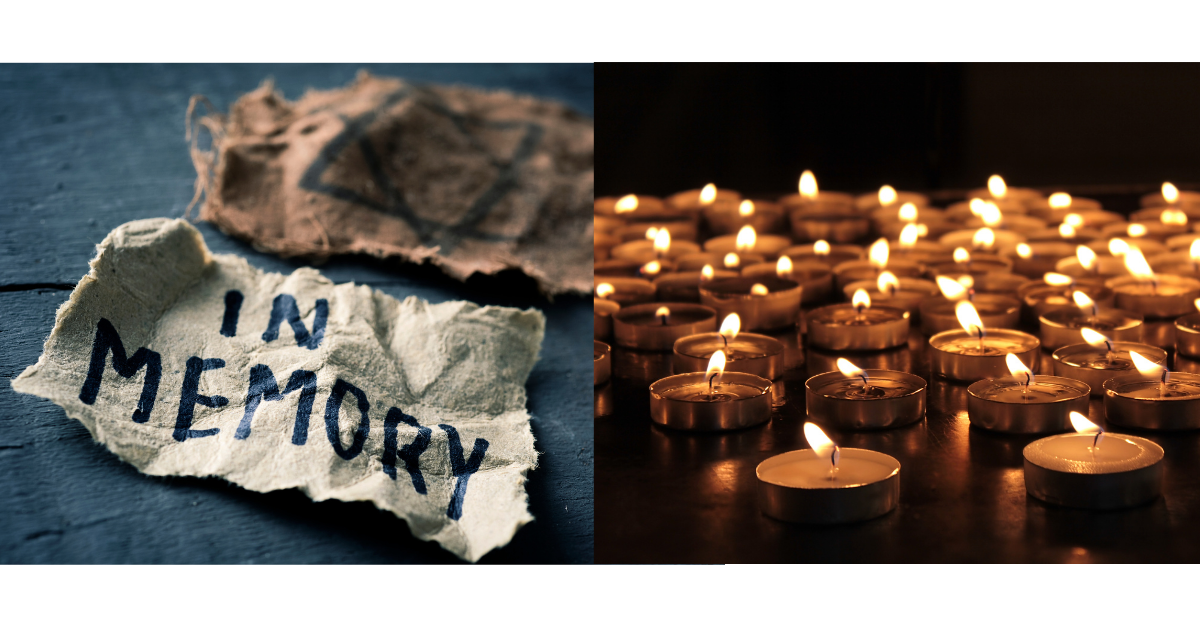January 27:Remembering the Holocaust
February 8
Every year, we pause to remember the six million Jewish lives that were lost during the Holocaust. As 25-year-old Nigerian correspondent Adedoyin Ajayi outlines, the United Nations plans numerous activities to preserve the dignity of those who died by honouring their memory as well as educating the world on the atrocities that took place to ensure they are never again repeated.
“Never shall I forget that night, the first night in camp, that turned my life into one long night seven times sealed. Never shall I forget that smoke. Never shall I forget the small faces of the children whose bodies I saw transformed into smoke under a silent sky. Never shall I forget those flames that consumed my faith forever. Never shall I forget the nocturnal silence that deprived me for all eternity of the desire to live.” – Elie Wiesel in Night
Each year, the United Nations honours the victims of the largest incidence of genocide ever recorded – the Holocaust. Between 1939 to 1945 – the period of the Second World War – about six million European Jews were killed as Nazi Germany and its collaborators sought to exterminate that group of people. To call the events that took place at the time atrocities seems like an understatement. Writer, professor and Holocaust survivor Elie Wiesel best captured the barbaric nature of the Holocaust when he recounted his haunting experience at these concentration camps in his memoir, Night. It was on January 27, 1945, towards the end of the war, that Jewish prisoners in Auschwitz camp were liberated by Soviet forces. This marked a pivotal moment in exposing the horrors of the extermination camps, and that date – January 27 – came to be regarded as International Holocaust Memorial Day.
Since its inception by the General Assembly of the UN in 2005 and its first commemoration on January 27, 2006, the International Holocaust Memorial Day has been accompanied by a series of activities geared towards two main goals – honouring the memory of all victims killed in the unfortunate event, and educating the future generation of the evils of the Holocaust to ward off any future reoccurrence.
The memorial is usually held at the UN headquarters in New York, with world leaders, permanent representatives of countries to the UN, historians, Holocaust survivors, and past and present Secretaries-General of the UN attending the events. Each year, the memorial has a specific theme. Some themes of past years have centered on experiences of women in the Holocaust, the effect of the Holocaust on children, the survivors, the 75th anniversary of Auschwitz camp and the shared responsibility of humanity to prevent similar events. The theme for 2022 is “Memory, Dignity and Justice”. The series of events planned will run well into February and focus on bringing dignity and justice to those who died by keeping their memories alive, safeguarding that history and disputing its alteration.
Speeches, stories from survivors, video conferences all feature among the events. Drawing on the influence of art, exhibits are usually unveiled, concerts held, and movie screenings take place. In line with the dual aim of the memorial to honour victims as well as to educate against anti-Semitism, these activities provide a glimpse of the evils Jews faced in the Holocaust and the effect of mass violence on children. They are also aimed at reducing the spread of racism, bigotry, hatred and prejudice among youths by instilling tolerance in them, showing the importance of ending discrimination against minority groups and emphasizing the value and dignity of human life.
A key feature of the activities each remembrance is the rejection of Holocaust denial. This refers to efforts by individuals to downplay the happenings during the Holocaust by either reducing the severity of the inhumanity perpetrated or dismissing the occurrence of the Holocaust altogether. To this effect, UN member countries have the responsibility of preserving historical sites in Europe where Jews were imprisoned and killed, such as prisons, concentration camps and extermination camps.
Several countries have Holocaust memorial days. Although many of them mark the commemoration on January 27, others mark it on days that bring past national events into remembrance, which happened within or are related to the Holocaust. Though remembrance activities vary from country to country, the objective is the same amongst them all – remembering those who were murdered. Some countries host seminars, others show films and documentaries, while the rest light candles, or call out the names of victims of the Holocaust in a touching display.
Of the six million Jews murdered, almost half of them were killed in death camps located in German-occupied Europe – Auschwitz, Majdanek, Chełmno, Bełżec, Sobibór and Treblinka. They were murdered with gas vans and gas chambers. The rest were killed through mass shootings, starvation and exhaustion in labour camps. This cruel-hearted show of genocide will not be forgotten by the world, because, as Elie Wiesel puts it, “Human suffering anywhere concerns men and women everywhere.” The effects of the Holocaust might be difficult to fully eradicate but the victims will forever be remembered.
Photo Credits: Canva
About Adedoyin Ajayi: He studied Economics from Obafemi Awolowo University, Ile-Ife, Nigeria and graduated with first-class honours. He likes reading and writing on issues pertaining to developing countries. He has published two academic papers on tourism and its interrelated factors in MINT countries (Mexico, Indonesia, Nigeria and Turkey). In addition to academic papers, he loves creative writing, and some of his literary works have been published in online African literary journals like Brittle Paper. He aims to further his education with a postgraduate degree in Development Economics.






